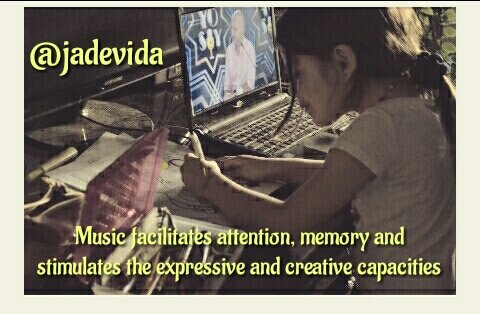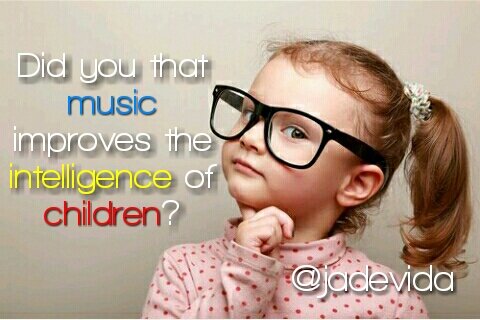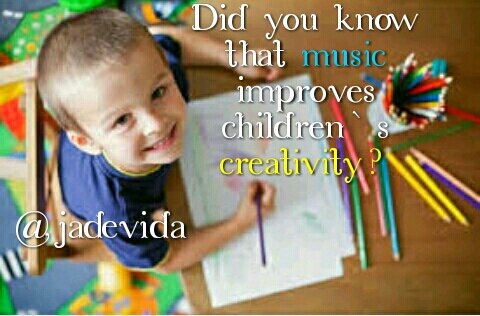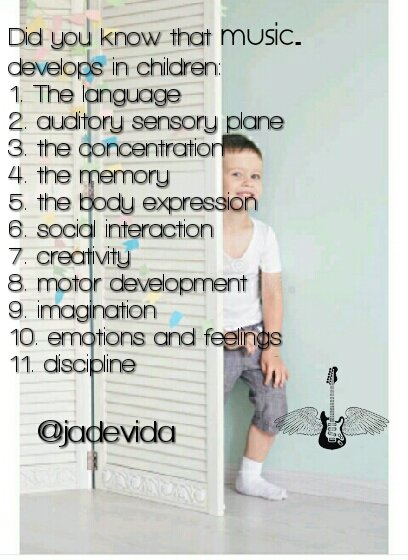music and learning
The use of music goes from being a complement of everyday use to being used as a strategy in learning. The task of teaching can be done in a different way to the traditional one, which is less stressful and which is not made compulsory teaching but rather a conscious, pleasant, motivating process, both for those who receive the teaching and for the one who impart.

.jpg)
Learning with background music seems to create new pathways in the brain. This is significant, since in these times it is giving some importance to music as therapy, naturally this acts as a liberator of tensions, accompanied by relaxation methods and breathing techniques considerably reduce the anxiety that is commonly recorded in classrooms. That is why the teacher must be aware that music for the child is part of their integral development, enjoy, sing, dance, and touch allows you to relax feel good and learn with joy. With this resource, knowledge is assimilated quickly and effectively. The mere repetition included in the traditional method produces fatigue and generates stress in students probably does not lead to effective learning. Learning is often best carried out when students have opportunities to express ideas and get feedback from their peers and one way to achieve this is to include music as a useful, motivating and at the same time suggestive resource.

.jpg)
Music is of vital importance in education, especially for its marked influence on the evolution of children. There have been cases where the student progresses to include music in subjects with little acceptance, that is to say, with the musical application, participation and mastery in previously previously tedious activities, specifically language and mathematics subjects, are increased.

.jpg)
Music is not just a simple combination and succession of sounds, it is a mysterious force that has exerted a powerful influence on the individual. It has played an important role in the development of humanity and affects the body and mind.
Music has the gift of bringing people together. The child who lives in contact with music learns to coexist in a better way with other children, establishing a more harmonious communication. At this age they love music. These are four of the main benefits of music for children:
Security: It gives them emotional security, trust, because they feel understood when sharing songs, and immersed in a climate of help, collaboration and mutual respect.
Learning: The stage of the child's literacy is more stimulated with music. Through the children's songs, in which the syllables are rhymed and repetitive, and accompanied by gestures that are made when singing, the child improves their way of speaking and understanding the meaning of each word. And thus, they will be literate from a fastest way
Concentration: Music is also beneficial for the child in terms of the power of concentration, in addition to improving their ability to learn in mathematics. Music is pure mathematics. In addition, it facilitates children learning other languages, enhancing their memory.
Body expression: With music, the child's body expression is more stimulated. They use new resources to adapt their body movement to the rhythms of different works, contributing in this way to the strengthening of the rhythmic control of their body. Through music, the child can improve their coordination and combine a series of behaviors. Lie on your back and move them so he can dance while you sing to him. You can carry and hug in your lap singing other children's rhythms.

.jpg)
Thank you for taking the time to read these lines, I hope they are useful. Until next time!
